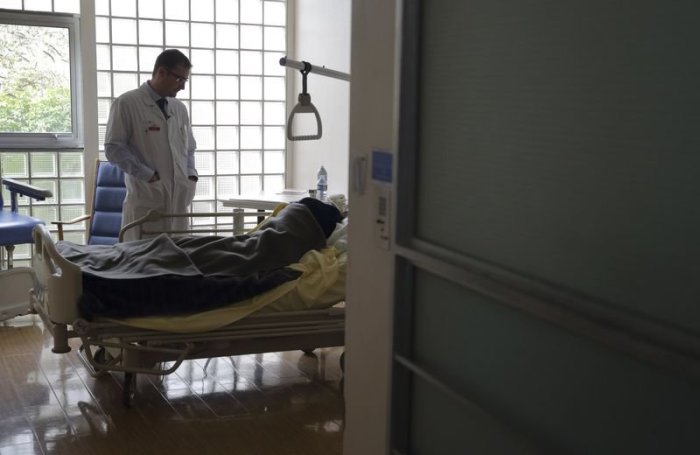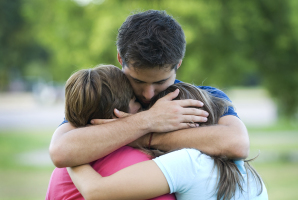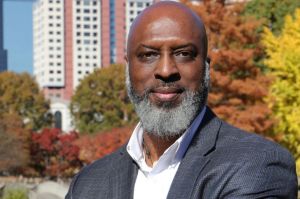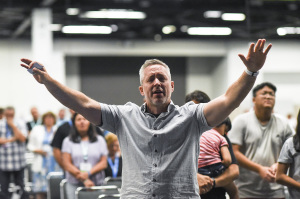American Bioethicist Says She Is in Favor of Allowing Euthanasia For Children

Despite repeated assertions that physician-assisted suicide will only apply to terminally ill adults, some say a gradual push is happening toward allowing children to be euthanized.
In a paper titled "Should Pediatric Euthanasia be Legalized?" that was published last month in the Dutch journal Pediatrics, American bioethicist Margaret P. Battin, who is frequently cited in the prominent outlets like The New York Times on euthanasia issues, said that she supports the changes in Dutch law scrapping all age limits for the practice. Battin argues that opponents of these moves are obligated to show that "parents aren't harmed by seeing their children suffer" and "that pediatricians can't understand the difference between killing a healthy, curable child and hastening a bad death that is already in progress."
Writing in National Review Monday, Discovery Institute senior fellow Wesley J. Smith offered an interpretation of her propositions: "In other words, children should be put out of the parents' misery." Current Dutch law does not require a terminal illness for physician assisted suicide, he added.
Smith noted that American society largely rejects radical proposals toward increased allowances of euthanasia and physician-assisted suicide permitted in nations like Netherlands, where restrictions on the practice continue to slip away over time.
"The U.S. assisted-suicide movement pretends to want a limited legalization of assisted suicide to competent adults with a terminal illness. That's not true. It's just the expedient to persuade us to accept the premise that suicide or killing is an acceptable solution to human suffering," Smith explained.
And "[f]or those with eyes to see, let them see," he remarked of recent troubling developments where an American bioethicist voiced support for the Dutch legal regime and the unremarked upon position many medical elites now appear to hold, that "pediatric euthanasia" is an acceptable practice.
The "Groningen protocol" in Dutch law allows infants under the age of 1 to be euthanized. It is not technically legal but is almost never punished, Smith added. The protocol does not require that the babies have to be dying in order to be put to death but a serious disability qualifies.
"It's a very big deal that a respected Dutch medical journal such as Pediatrics hosted a debate on the ethical propriety of child euthanasia without international criticism. It means that among the medical intelligentsia, child euthanasia has become a respectable proposition," Smith wrote.
Although some Dutch medical professionals have in recent months stated publicly that they believe the practice of euthanasia is getting out of hand, cases continue to appear in the headlines revealing the relaxation of standards governing the practice over time.
As The Christian Post reported Feb. 1, a 29-year-old mentally ill Dutch woman was put to death by physician assisted suicide in January. Progressive politicians in that country have also contended that anyone 75 years or older should be afforded the option to end their lives for any reason, even if they are in good health, and have expressed hope to see the day where anyone at any age can choose their date of death.
Matthew Eppinette, executive director of the Center for Bioethics and Culture in California, told CP last month that it is worth questioning where all this leads.
"Who, ultimately, can say to someone, your suffering doesn't quite qualify for assisted suicide?" he asked.
"The better, safer, more human and humane course is to draw a bright line that says no one helps anyone commit suicide, full stop. Human beings are not isolated, completely independent, fully autonomous individuals. We are dependent on one another in many ways. None of us are as independent as we imagine ourselves to be."
Physician assisted suicide statutes, "aid in dying" or "death with dignity" acts as they are sometimes called, are on the books in California, Oregon, Colorado, Washington, Vermont and the District of Columbia. Similar legislation is currently being considered in several other states.





























